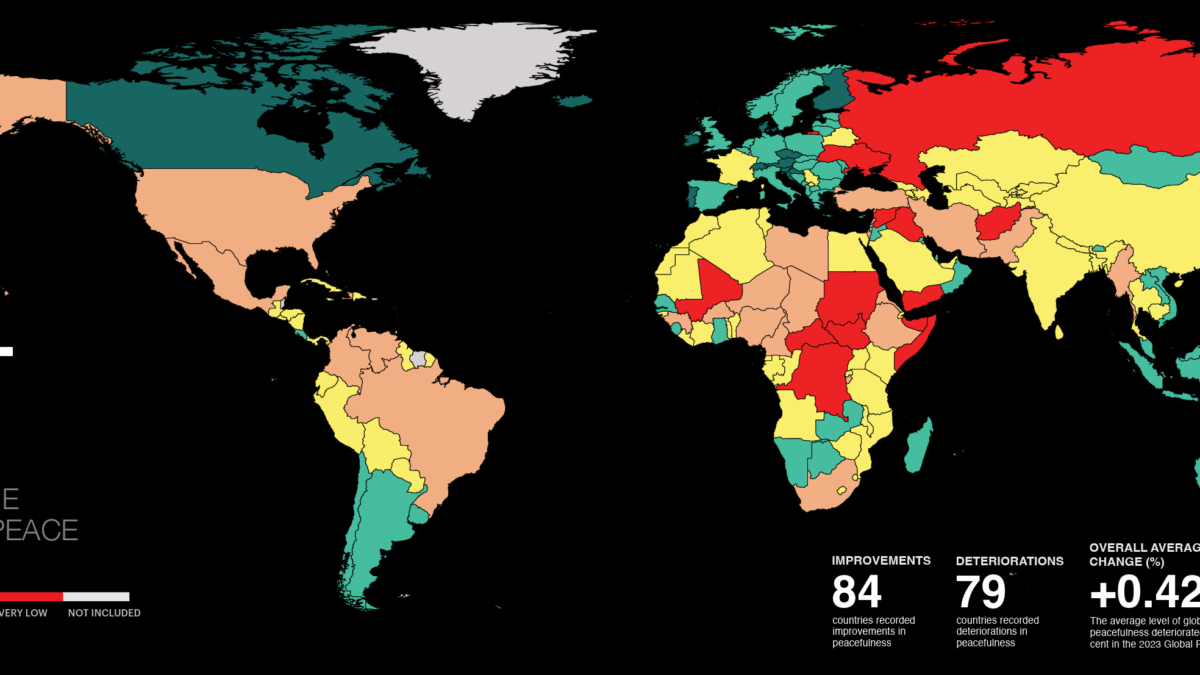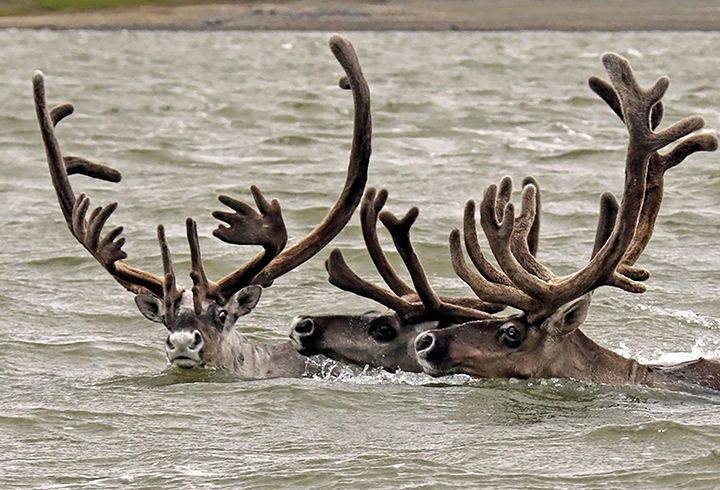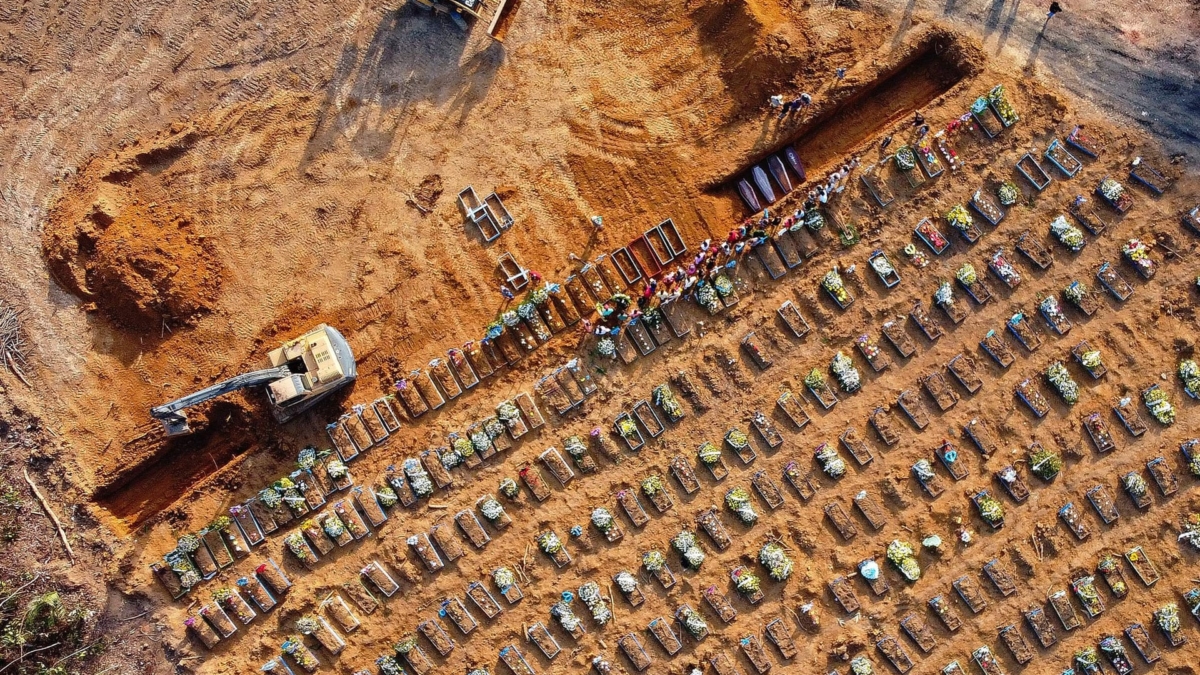France, Russia top list of anti-vaccine nations – Social media the vector for “real infection of misinformation”
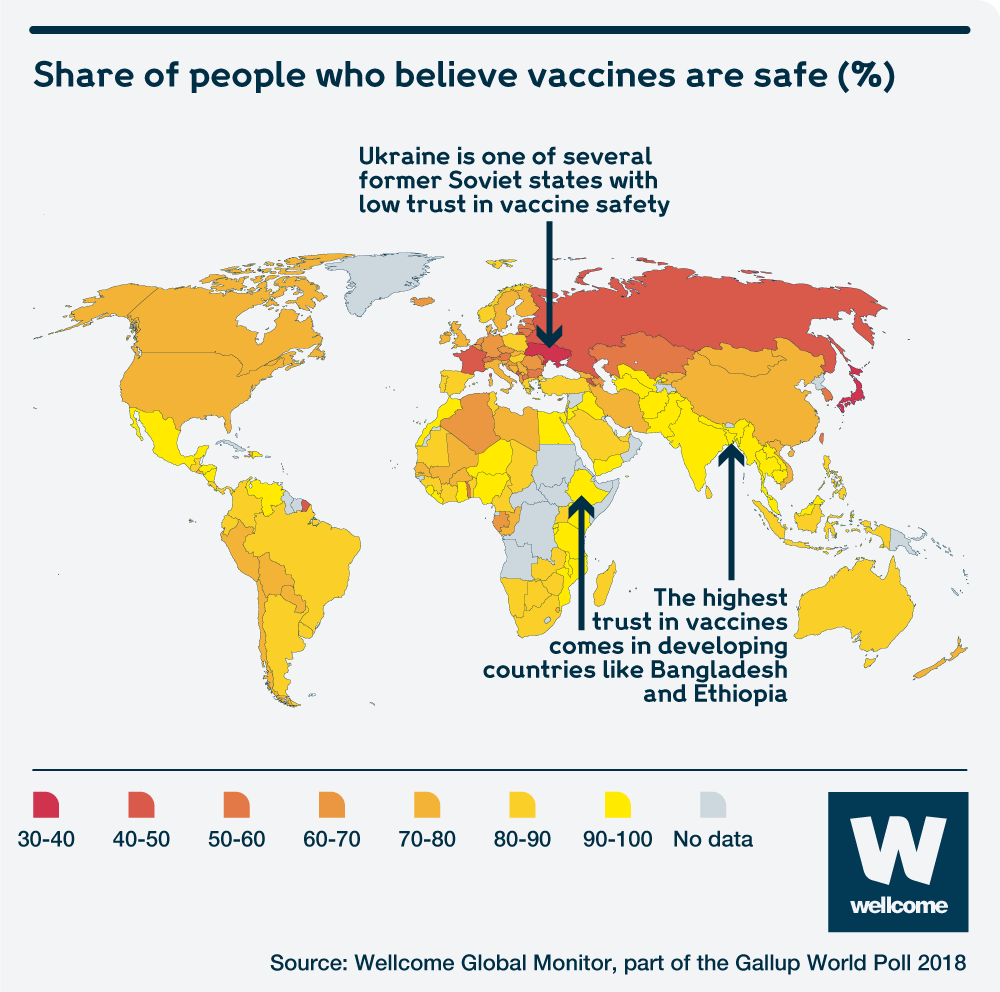
By Michael Skapinker
26 June 2019
(Financial Times) – The richer countries are, the less their citizens believe that vaccines are safe. In the US and Canada, only 72 per cent believe vaccines are safe. In the northern European arc from Ireland and the UK through the Nordic countries, the figure is about 73 per cent.
In other parts of Europe, confidence in vaccines is even lower. In Germany, France, Austria, Switzerland and the Benelux countries, only 59 per cent on average believe vaccines are safe. In eastern Europe, the figure is 50 per cent.
These are the findings, published last week, of a Gallup survey for Wellcome [pdf], the UK-based foundation that funds science and health research.
By contrast, belief in vaccine safety is high in poorer regions. In South Asia, 95 per cent of people think vaccines are safe. In east Africa, the figure is 92 per cent. In Bangladesh, a determined vaccination campaign has contributed to a fall in childhood mortality. Rwanda has lifted its national immunisation rate from 30 per cent in 1995 to 95 per cent today. […]
But the relatively low faith in immunisation in wealthy countries has also had its effect, particularly in the recent rise in measles. The most striking example is France, where an upsurge in measles cases has accompanied collapsing faith in vaccinations. One in three French people regard vaccines as unsafe — the highest level in the world. […]
What lies behind what the report calls “vaccine hesitancy” and why is it so much higher in some countries than others? The report says that the rise of social media has prompted what UNICEF calls a “real infection of misinformation”. [more]
Why rich countries are more prone to ‘vaccine hesitancy’
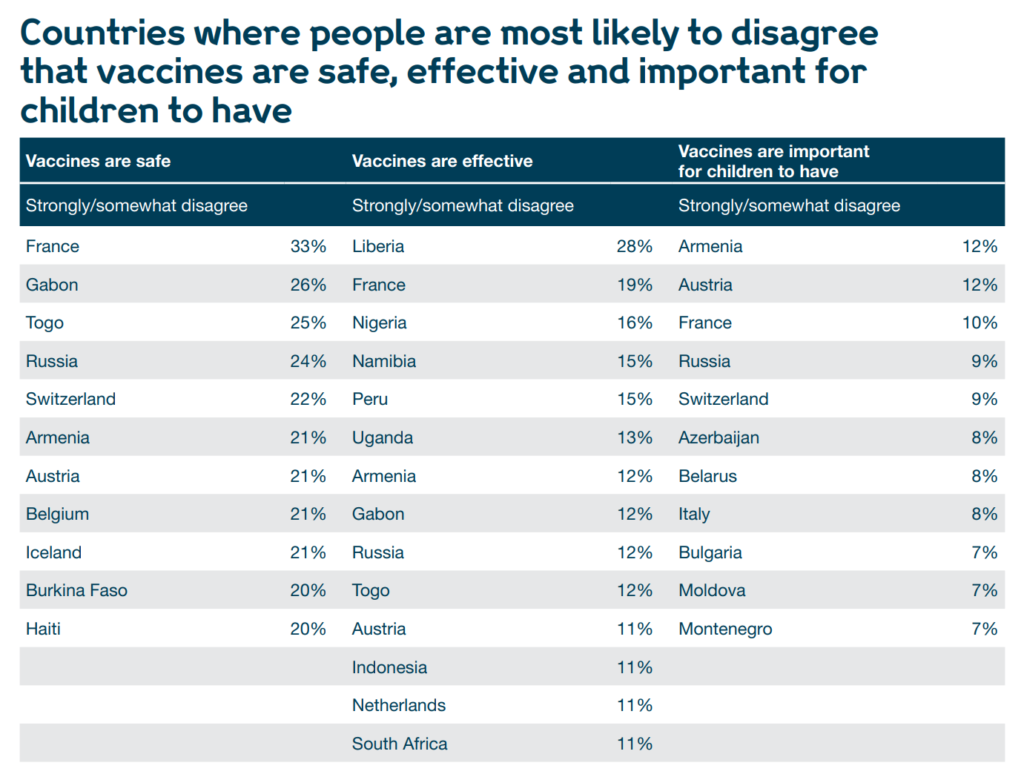
How much does the world trust medical experts and vaccines?
19 June 2019 (Wellcome) – The world’s biggest survey into public attitudes to health and science publishes today, revealing high overall global trust in doctors, nurses and scientists, and high confidence in vaccines.
Wellcome Global Monitor also shows, however, that half of the world’s population say they know little – if anything – about science. And almost one in five feel excluded from the benefits of science.
The survey asks more than 140,000 people, aged 15 and older, in over 140 countries, how they think and feel about health and science.
It is the first global survey of its kind and highlights questions that need to be answered to ensure science and health research benefits everyone equally, wherever they are in the world. It also reveals attitudes about science that are important to improving global health, including a complex picture of confidence in vaccines in high-income countries.
Dr Jeremy Farrar, Director of Wellcome, which commissioned and funded the report, says: “Wellcome Global Monitor presents an unprecedented view of the relationship between science and society worldwide. No matter how great your idea, how exciting your new treatment, or how robust your science, it must be accepted by the people who stand to benefit from it. Vaccines, for example, are one of our most powerful public health tools, and we need people to have confidence in them if they are to be most effective.”
Key findings from Wellcome Global Monitor
- Three-quarters of the world’s population trust doctors and nurses more than anyone else for health advice.
- Globally, around eight in 10 people agree vaccines are safe, and nine in 10 people worldwide say their children have been vaccinated.
- People living in high-income countries have the lowest confidence in vaccines.
- In most parts of the world, higher confidence in health systems, governments, and scientists is a sign of high trust in vaccines – but the picture is more complicated in Europe.
- In almost every region of the world, men are significantly more likely to say they had a good level of understanding of science, compared to women.
Conducted by Gallup World Poll, the survey explores levels of trust and knowledge across science and health, revealing how this differs across ages, nationalities and genders.
For many countries – including Colombia, Nigeria, Egypt and Vietnam – the survey offers the first insights into what people think about these issues.
Wellcome Global Monitor highlights
Doctors and nurses are most trusted for health advice
- 73% of people worldwide would trust a doctor or nurse more than any other source of health advice, including family, friends, religious leaders or famous people.
- But across the world, people with the lowest household income have less confidence in hospitals and healthcare systems.
What we know about science – and how we think it benefits society
- Overall, 72% of people globally trust scientists.
- But over half (57%) of the world’s population don’t think they know much – if anything – about science.
- Almost one in five (19%) believe that science does not benefit them personally.
- Alongside learning science at school or college, confidence in key national institutions such as the government, the military and the judiciary are among the strongest factors that relate to a person’s trust in science.
Imran Khan, Head of Public Engagement at Wellcome, says: “This first-of-a-kind global survey clearly shows that people’s beliefs about science are deeply influenced by their culture, context, and background. We need to care more about these connections if we want everyone to benefit from science.”
More than three-quarters of the world’s population agree that vaccines are safe and effective
- Worldwide, 79% of people agree that vaccines are safe and 84% agree that they are effective.
- Trust in vaccines tends to be strongly linked to trust in scientists and medical professionals; people who have strong trust in scientists overall are more trusting of vaccines, and vice versa.
- Bangladesh and Rwanda have the strongest confidence in vaccines – with almost all people in both countries agreeing vaccines are safe, effective and important for children to have. Rwanda also has the highest trust in their healthcare system, at 97% – compared to a global average of 76%.
- However, around a fifth of people in Europe either disagree or are unsure of whether vaccines are safe. This is despite 86% trusting doctors and nurses and 21% showing high trust in scientists.
- The lowest confidence levels in relation to vaccines are in Western Europe where more than one in five (22%) of people disagree that vaccines are safe, and in Eastern Europe where 17% disagree that vaccines are effective.
- France has the lowest levels of trust in vaccines globally: a third (33%) of its inhabitants disagree that vaccines are safe and a tenth (10%) disagree they are important for children to have.
Most parents say their children are vaccinated – and most adults agree they are important
- 92% of parents worldwide say their children have received a vaccine to prevent them from getting childhood diseases.
- 92% of adults globally, including those who do not have children, agree vaccines are important for children to have.
- But worldwide 6% of parents say their children are unvaccinated, representing more than 188 million parents globally.
- The countries with the highest numbers of parents claiming to not vaccinate their children are China (9%), Austria (8%) and Japan (7%).
Charlie Weller, Head of Vaccines at Wellcome, says: “It is reassuring that almost all parents worldwide are vaccinating their children. However, there are pockets of lower confidence in vaccines across the world and we cannot afford to be complacent. To ensure society gets the full benefit of vaccines, we need to make sure that people have confidence in both the safety and effectiveness of vaccines and understand more about the complex reasons why this is not always the case.”
Significant gap in what men and women say they know about science
- Men are more likely to claim greater science knowledge than women. This gender gap exists even when men and women report equal levels of science attainment.
- Globally, 49% of men worldwide say they know ‘some’ or ‘a lot’ about science, compared to 38% of women.
- The gap is biggest in Northern Europe, where 75% of men claim to know “a lot” or “some” science, compared to just 58% of women.
- It is lowest in the Middle East and Southeast Asia, which had a percentage gap of three points.
Simon Chaplin, Director, Culture & Society at Wellcome, says: “Science can change our understanding of the world, influence the way we live and how our communities function. We must remember that science is part of society: it needs to be done with the public, not just for them.”
The results from the first Wellcome Global Monitor will help provide a baseline of evidence to assess how attitudes change over time and help formulate effective and targeted policy interventions to improve public engagement with science and health.
Contact
- Hannah Franklin, Media officer, h.franklin@wellcome.ac.uk
How much does the world trust medical experts and vaccines?
World survey reveals people trust experts but want to know more about science – Almost one in five feels excluded from the benefits of science
19 June 2019 (Wellcome) – The Wellcome Global Monitor 2018 shows high overall global trust in doctors, nurses and scientists, and confidence in vaccines.
It also shows that half the world’s population say they know little, if anything, about science. And almost one in five feels excluded from the benefits of science.
The survey asked more than 140,000 people aged 15 and older, in over 140 countries, how they think and feel about health and science.
For many countries – including Colombia, Nigeria, South Africa and Vietnam – the survey offers the first insights into what people think about these issues.
The study was conducted as part of the Gallup World Poll 2018.
The results from the first Wellcome Global Monitor will provide a baseline of evidence to assess how attitudes change over time. They will also help inform policies to improve public engagement with science and health. The survey will be re-run in the future.
Key findings
- Three-quarters of the world’s population trust doctors and nurses more than anyone else for health advice.
- Globally, around eight in 10 people agree vaccines are safe, and nine in 10 people worldwide say their children have been vaccinated.
- People living in high-income countries have the lowest confidence in vaccines.
- In most parts of the world, higher confidence in health systems, governments and scientists is a sign of high trust in vaccines – but the picture is more complicated in Europe.
- In almost every region of the world men are significantly more likely to say they have a good level of understanding of science compared with women.
World survey reveals people trust experts but want to know more about science
